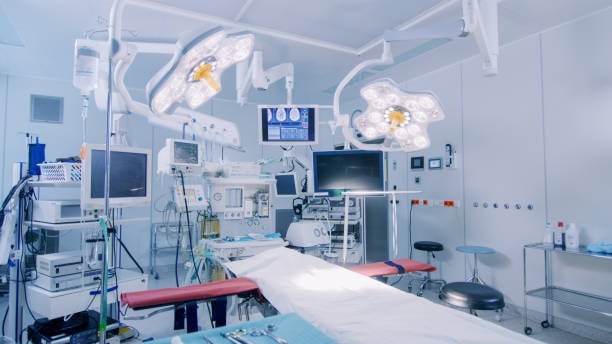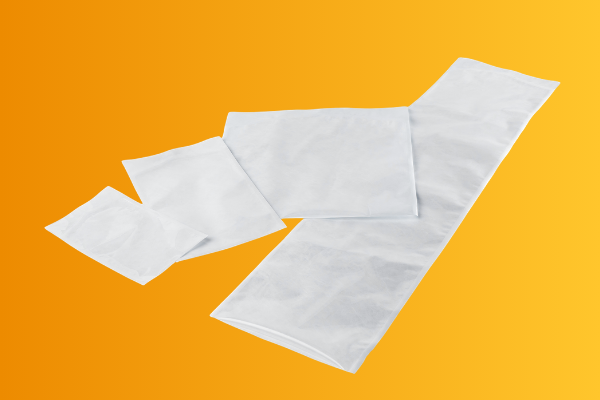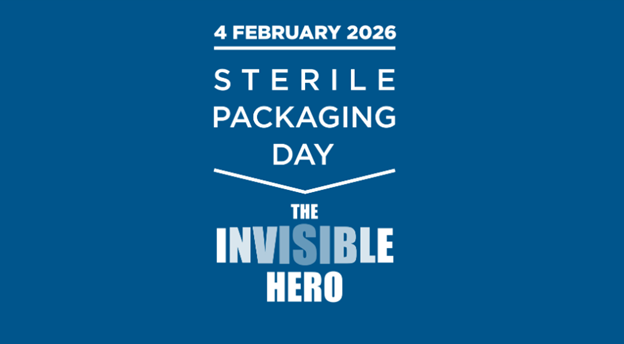From the Operating Room to Medical Packaging

Jurgen Van Roosbroeck, Medical Segment Leader for the EMEA region at Oliver Healthcare Packaging, started his career in nursing, where he spent 10 years working in the emergency room, the intensive care unit, and the operating room. Years later, after working in the medical device market, Jurgen began a career in healthcare packaging. His experience as an end user, a manufacturer, and a packaging provider informs his perspective today, and how he works to navigate a complex industry. We sat down with Jurgen to learn more. Here is what he had to say.
Tell us a little bit about your career. How did you get to where you are now?
Well, as you know, I worked for several years as a nurse, spending time in the ER, the ICU, and finally, the OR. Nursing is a difficult job, with a lot of emotional ups and downs that are difficult to sustain. After a decade, I decided to make a career change, and moved into the commercial world. My first job was in the pharmaceutical industry, which felt like a logical next step after nursing. I later moved into the medical device industry, and six years ago, made the transition into medical packaging. Packaging was immediately a natural fit for me because I can utilize my background to provide a very different perspective.
How does your background in nursing benefit Medical Device Manufacturers (MDMs)?
As an OR nurse, I was the end-user for many of the devices that they manufacture. I know what it’s like to open and use their devices in real time, so I can very easily put myself in their shoes. This experience has allowed me to share real-world feedback with MDMs, including what might be challenging for an end-user in the OR. It helps me provide valid feedback in the early stages of development for both a device and its packaging. This is especially true when considering the usability of the packaging in the OR. It’s a crucial moment when the device is transferred from its packaging into the sterile field. Having been the one to do this time and time again, I know where packaging can benefit from an adjustment or improvement.
Now that you’re in medical packaging, are there things you wish you had known about packaging as a nurse?
Yes, absolutely! I feel strongly that we (the packaging industry) must help educate end-users on what packaging is, and how it can help. As a nurse, I saw packaging as plastic and paper…something to discard. It might actually have been Tyvek, but to a nurse, Tyvek feels similar to paper. So very often, plastic or film would go into the plastic bin, and Tyvek would go into the paper bin. Now, it is better because there is such an emphasis on recycling, and there is still work to be done.
I also think educating nurses on packaging regulations would help. Some packaging might not be convenient for the nurse in the OR, and regulations often require packaging to be designed a certain way. If I had known that as a nurse, I would have been less frustrated with the packages that were less user friendly.
Sustainability is a hot topic in the industry. It’s often viewed as a shared responsibility between manufacturers and end-users. Having been on both sides, what are your thoughts on sustainability and medical packaging?
In my opinion, we all have a responsibility here. A big part of sustainability is of course recycling. Recycling is often left to medical professionals, but varying rules and opinions make recycling a difficult task in a hospital environment. A great example of this is contaminated products. They must be destroyed but determining what is and what is not contaminated varies from hospital to hospital. Some hospitals consider materials to be contaminated once they enter the operating room, while others classify a material as contaminated only if it comes into contact with a patient. That is a big difference of opinion! That is just one example, and my point is—hospital systems and medical professionals cannot be solely responsible for this. The packaging industry, MDMs, recycling companies, and industry associations should all play a role here too.
Having played multiple roles within the healthcare industry, do you have any recommendations for others just starting out?
In whatever you do, be the expert, listen and learn. In packaging, for example, listen to what customers say and think about what they might need. A lot of times, people use the packaging they are familiar with. They know it works to protect their product. What if this familiar packaging isn’t always the best option? Ask questions, listen, and consider all the possibilities.



